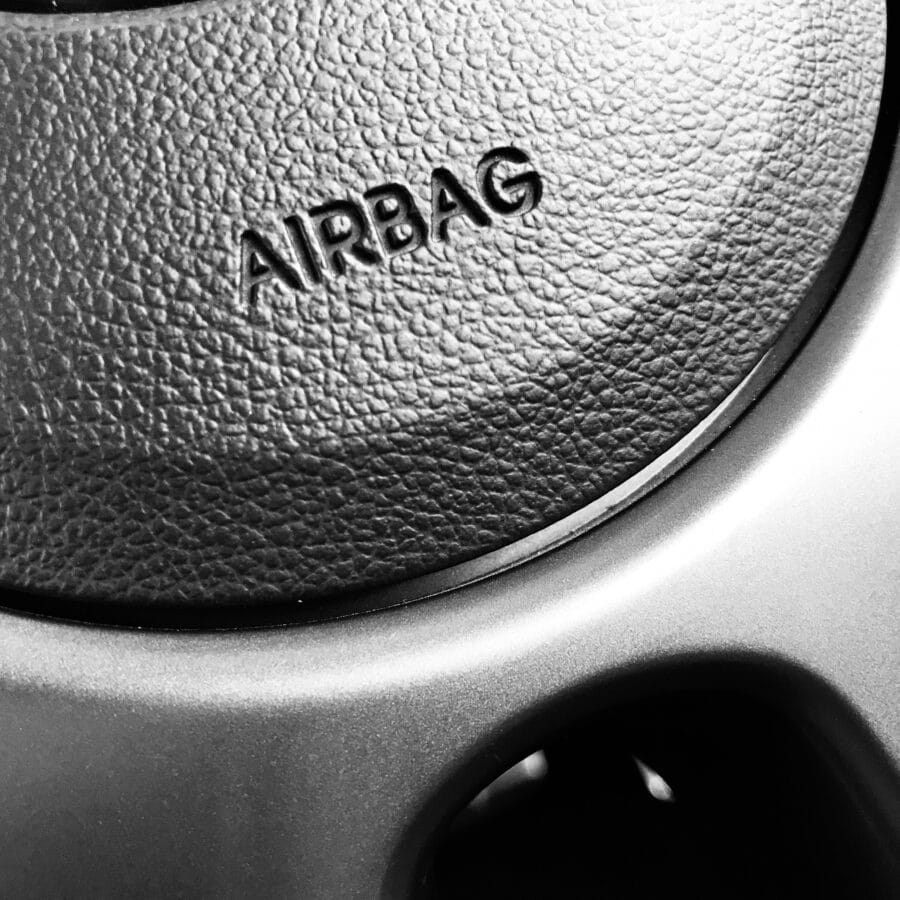In April 2018, Honda warned the public that there were more than 62,000 vehicles that had not yet had their “ticking time bomb” Takata airbags replaced. This subset of airbags, known as Alpha inflators, has demonstrated a 50-50 chance of rupturing in testing. According to the National Highway Traffic Safety Administration’s (NHTSA) website, another 3.5 million Honda airbags known as “Beta” inflators also need to be replaced.
Nineteen automakers have recalled 37 million vehicles with about 50 million Takata airbags in them – Honda, which was Takata’s biggest customer, recalled almost 30 million alone. Honda has been issuing incremental recalls of vehicles with Takata airbags since 2008, but the pace rapidly increased in 2014 as the extent of the deaths and injuries associated with the airbags became known. All of the affected airbags contain the volatile chemical ammonium nitrate in their propellant, which is housed in a metal canister inside the steering wheel or dash and is used to create gas forcefully enough to inflate the airbag cushion. When exposed to moisture and heat for prolonged periods, ammonium nitrate can expel too much gas, overpressurizing the canister until it fractures, spewing metal shrapnel into the occupant compartment. At least 23 people have died worldwide, and hundreds more have been injured, often in only mild crashes.
A relatively small subset of the recalled vehicles has proven to be even more dangerous. Driver-side airbags installed in 2001-2003 Honda and Acura vehicles were made with ammonium nitrate propellant that had also been manufactured improperly and left exposed to moisture in the factory. These have been dubbed “Alpha” inflators because they were the first inflators originally recalled and the manufacturing defect was readily identifiable as the primary cause. “Beta” inflators are all other inflators that do not contain a manufacturing defect. In testing on recovered inflators, NHTSA discovered that the Alpha inflators exploded in 50 percent of the simulated crashes. Honda and NHTSA have urged consumers to bring these vehicles in immediately for a replacement.
In April 2018, Honda announced that there were still about 62,000 vehicles with Alpha inflators that had not yet been replaced. Honda asserted that it has sent multiple notices to vehicle owners, but they have not brought their vehicles in. This could be in large part because the vehicles are older and have been through several owners, and Honda is relying on outdated owner contact information. If you own a Honda or Acura vehicle, visit nhtsa.gov/recalls and look up your Vehicle Identification Number to determine whether your vehicle is included in a Takata airbag recall.
Newsome Melton represents people who have suffered harm or loss from defective airbags. Please call us at 888-808-5977 to set up a free consultation.


